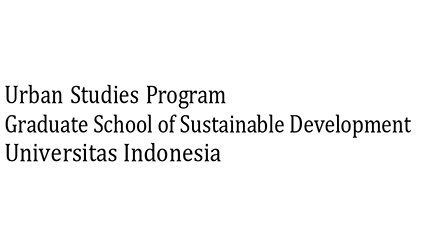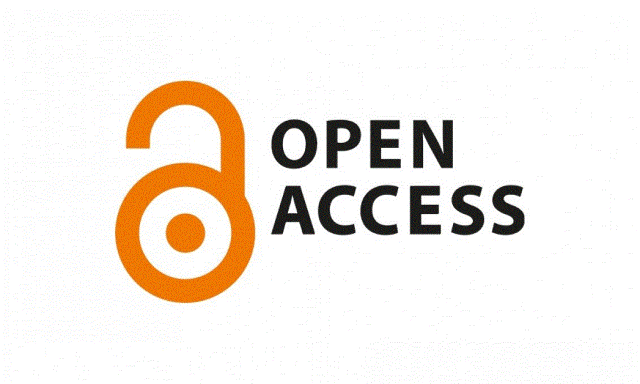Abstract
Background: Competencies of people with inclusion or disabilities of productive age in urban areas who have the opportunity to work in the work industry in the Special Capital Region (DKI) Jakarta.
Aims: Seeing the relationship between the role of the world of work and their acceptance of inclusion or employment opportunities for inclusive children of productive age in Jakarta.
Methods: This research was conducted using a qualitative approach using in-depth interview techniques with a single instrumental case study, employers and families of people with inclusion. Data was obtained from interviews with key and supporting informants, namely family and employers. In line with observation by sight, as well as in-depth and direct observation of the daily lives of people with disabilities.
Results: The research results show that employees with disabilities in trusted companies have superior abilities consisting of intellectual, emotional and social abilities.
Conclusion: The results of research and study findings on the social competence of people with disabilities who work formally and informally, it turns out that they have social competence and the potential to work well and seriously.
References
Aprilia, P. S. (2011). Kompetensi Sosial Anak Yang Mengikuti Model Pendidikan Homeschooling Dan Model Konvensional.
Baumgärtner, M. K., Dwertmann, D. J. G., Boehm, S. A., & Bruch, H. (2015). Job Satisfaction of Employees with Disabilities: The Role of Perceived Structural Flexibility. Human Resource Management, 54(2), 323–343. https://doi.org/10.1002/hrm.21673
Devita, A., & Sartika, D. (2019). Karyawan Dengan Disabilitas: Apakah Mereka Kompeten Dan Dapat Mengerjakan?. Jurnal Ekonomi Dan Bisnis Terapan, 15 (2), 68-87.Netra Dalam Dunia Kerja. In Prosiding Seminar Nasional Penelitian Lppm Umj (Vol. 2020).
Ginsburg, F., & Rapp, R. (2010). Enabling disability: Rewriting kinship, reimagining citizenship. The disability studies reader, 237-253.
Kusumastuti, M. N. S. A. (2016). Perlindungan Hukum Dari Diskriminasi Bagi Penyandang Disabilitas Dalam Dunia Kerja (Doctoral dissertation, UAJY).
Lindsay, S., Cagliostro, E., Albarico, M., Mortaji, N., & Karon, L. (2018). A Systematic Review of the Benefits of Hiring People with Disabilities. Journal of Occupational Rehabilitation, 28(4), 634–655. https://doi.org/10.1007/s10926-018-9756-z
Raiz, M. L., & Sahrul, M. (2020, December). Kompetensi Sosial Penyandang Disabilitas Netra dalam Dunia Kerja. In Prosiding Seminar Nasional Penelitian LPPM UMJ (Vol. 2020).
Rajagukguk, Y., & Pakpahan, S. (2018). Kerjasama ILO–RI dalam mempromosikan hak kesempatan kerja yang adil bagi penyandang disabilitas di Indonesia (Doctoral dissertation, Riau University).
Schur, L., Han, K., Kim, A., Ameri, M., Blanck, P., & Kruse, D. (2017). Disability at Work: A Look Back and Forward. Journal of Occupational Rehabilitation, 27(4), 482–497. https://doi.org/10.1007/s10926-017-9739-5
Shalihah, N. (2017). Eksklusi Sosial Penyandang Disabilitas Dalam Dunia Kerja (Studi Pada: Empat Pekerja Penyandang Disabilitas Di Jakarta) (Doctoral Dissertation, Universitas Negeri Jakarta).
Yulianti Rajagukguk, S. P. (2018). Kerjasama ILO-RI dalam Mempromosikan Hak Kesempatan Kerja yang Adil bagi Penyandang Disabilitas di Indonesia. JOM FISIP, 5 (1), 1-15.
Zhu, X., Law, K. S., Sun, C. (Timothy), & Yang, D. (2019). Thriving of employees with disabilities: The roles of job self‐efficacy, inclusion, and team‐learning climate. Human Resource Management, 58(1), 21–34. https://doi.org/10.1002/hrm.21920
Recommended Citation
Ratnasari, Dyah Nawang
(2023)
"Social Competencies of Productive Age Inclusion in The Work Industry in DKI Jakarta,"
Cities and Urban Development Journal: Vol. 1:
No.
2, Article 3.
DOI: 10.7454/cudj.v1i2.1013
Available at:
https://scholarhub.ui.ac.id/cudj/vol1/iss2/3






